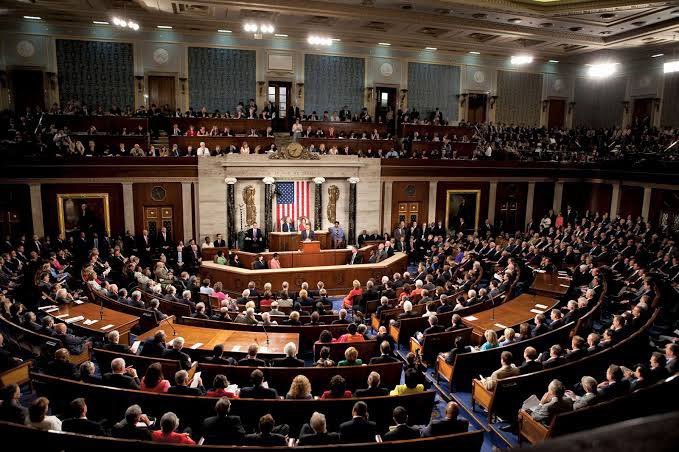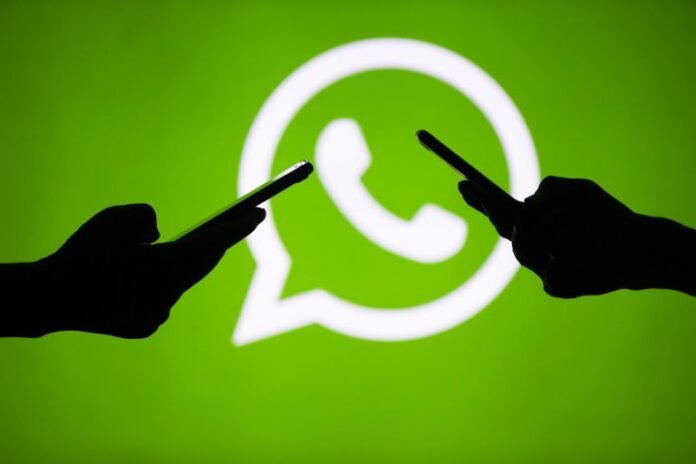The United States House of Representatives has banned the use of WhatsApp on all its official devices, citing security concerns and lack of transparency regarding user data protection.
The directive, issued in a memo to all House staff on Monday, marks the latest action by U.S. lawmakers to tighten digital security protocols across federal agencies.
According to the memo from the House’s Office of Cybersecurity, WhatsApp poses “a high risk to users due to the lack of transparency in how it protects user data, absence of stored data encryption, and potential security risks involved with its use.”
The message advised all staff members to uninstall the app from any government-issued devices immediately.
The Office recommended alternative messaging platforms it considers more secure. These include Microsoft Teams, Amazon’s encrypted Wickr app, Signal, and Apple’s iMessage and FaceTime. These applications, according to cybersecurity officials, provide better safeguards for confidential communication and internal data.
Meta Rejects Ban, Defends WhatsApp Security
Meta Platforms, the parent company of WhatsApp, says it strongly disagrees with the House’s decision “in the strongest possible terms.”
The spokesperson insisted that WhatsApp offers higher-level security features than the apps now approved by the House, including end-to-end encryption and frequent security updates.

The debate over WhatsApp’s safety comes at a time of ongoing global concerns about surveillance and cyberattacks.
In January, a WhatsApp official disclosed that Israeli cyber intelligence firm Paragon Solutions had allegedly targeted several of the app’s users. Among the affected individuals were journalists, activists, and civil society members.
These revelations cast doubts about digital privacy and the potential for misuse of encrypted communication platforms.
Despite WhatsApp’s assurance of end-to-end encryption, critics have questioned how the app handles metadata and its ability to withstand spyware intrusions.
Cybersecurity analysts argue that storing user data on cloud backups and WhatsApp’s links to Meta’s broader data ecosystem may expose sensitive information to third parties.
The U.S. House’s cybersecurity policies have grown more cautious in recent years. In 2022, lawmakers also banned TikTok from all official devices due to data security concerns tied to the app’s ownership by Chinese company ByteDance.
The TikTok ban was in response to fears about foreign influence, data harvesting, and national security risks.
WhatsApp remains widely used in personal communication and by organizations worldwide.
However, its exclusion from the list of trusted platforms by a major U.S. institution may prompt other federal agencies and international bodies to reassess the app’s viability in sensitive environments.
Enjoyed this story? Rate it, leave a comment💬, and follow us on social media for more. Got a news tip or story to share? Submit it here and earn points toward ₦10,000 rewards.






